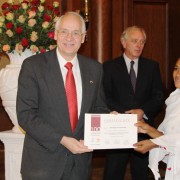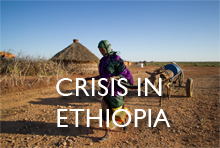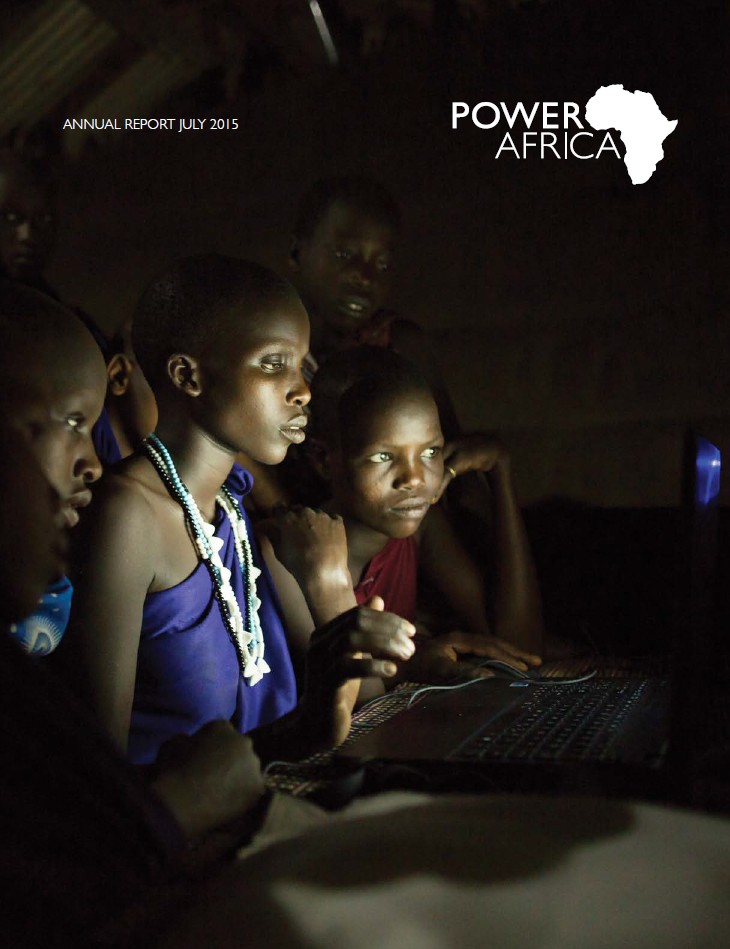As part of the U.S. President’s Feed the Future Initiative in Ethiopia, the U.S. Government, through the U.S. Agency for International Development (USAID), launched the Camel Milk Value Chain Development project at a festive ceremony in Fafan Village, Somali Region today. The project will improve the production and market competitiveness of camel milk products in the Somali Region to improve incomes and nutrition for up to 50,000 targeted households in the Siti (Shinile) and Fafan (Jijiga) zones.
The U.S. Government launched the African Alliance for Improved Food Processing in Ethiopia today, a new project that is designed to increase the quality and competitiveness of the Ethiopian food processing sector and to expand the availability of affordable and nutritious foods. This project will offer customized technical assistance to 20 medium and large Ethiopian millers and wheat processors to implement quality management systems, meet national standards and certification requirements, develop processes and products tailored to market demand, strengthen financial systems, and improve business efficiencies.
Thank you to the Intergovernmental Authority on Development (IGAD) and to His Excellency Mahboub Maalim for hosting us today in Addis Ababa and to the IGAD team for organizing this today. It is a sincere pleasure to be back with you again this week under more hopeful circumstances to take stock of just how far we’ve come.

On February 7, 2013 the Center for African Women Economic Empowerment (CAWEE) celebrated the graduation of 100 traditional weavers now equipped with advanced skills in fabric design and production. All 50 of the first class of trainees found placement in export-focused companies, 90 percent of which are owned and managed by women. CAWEE expects similar placement for the next class of 50. By working for export companies, CAWEE estimates that traditional weavers can increase their income by as much as 75 percent.
USAID is proud to be part of this new Commercial Farm Services Program, one of many projects we have here in Ethiopia that form part of the U.S. President’s Feed the Future Initiative. I am very pleased to see this group here today working together to achieve our common goals: to provide smallholder farmers with the tools that enable them to earn a decent livelihood and contribute to the development of their country.











Comment
Make a general inquiry or suggest an improvement.